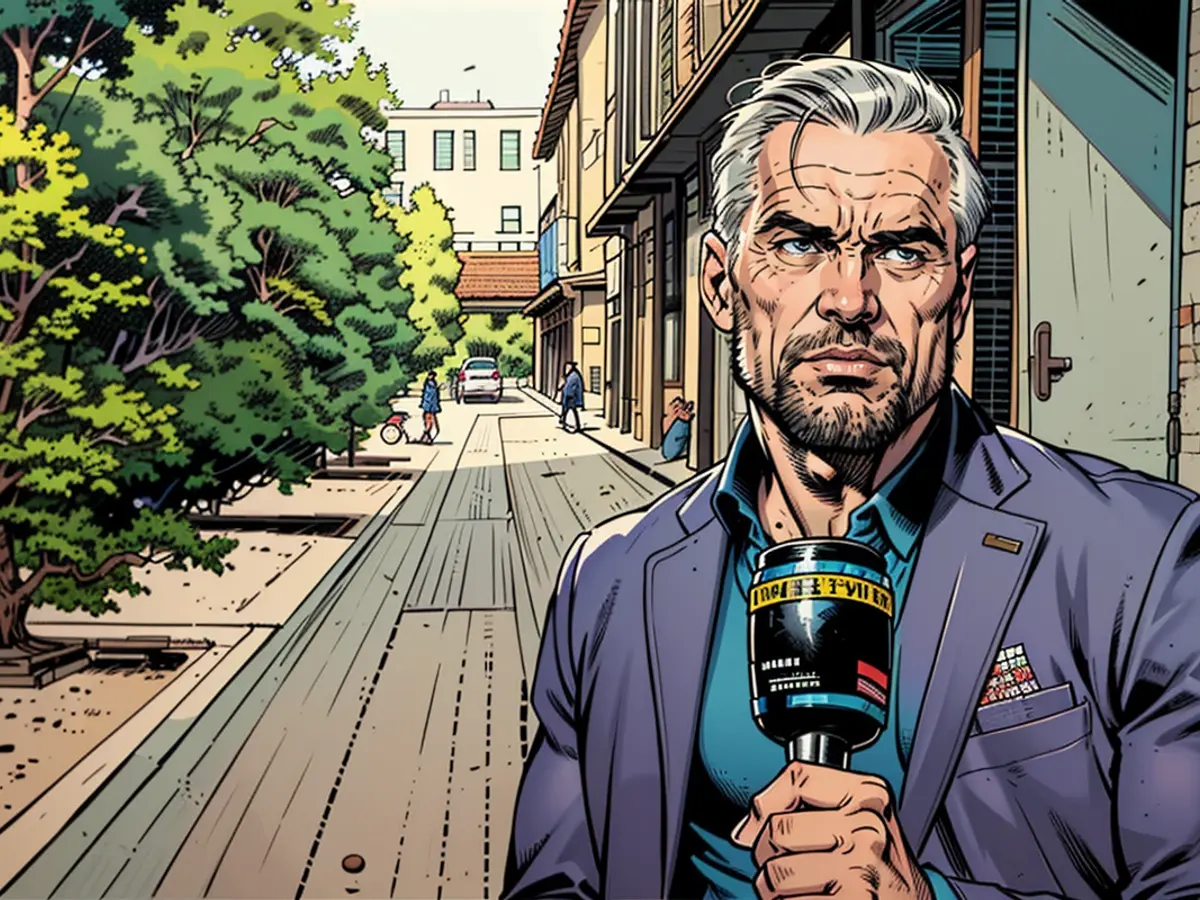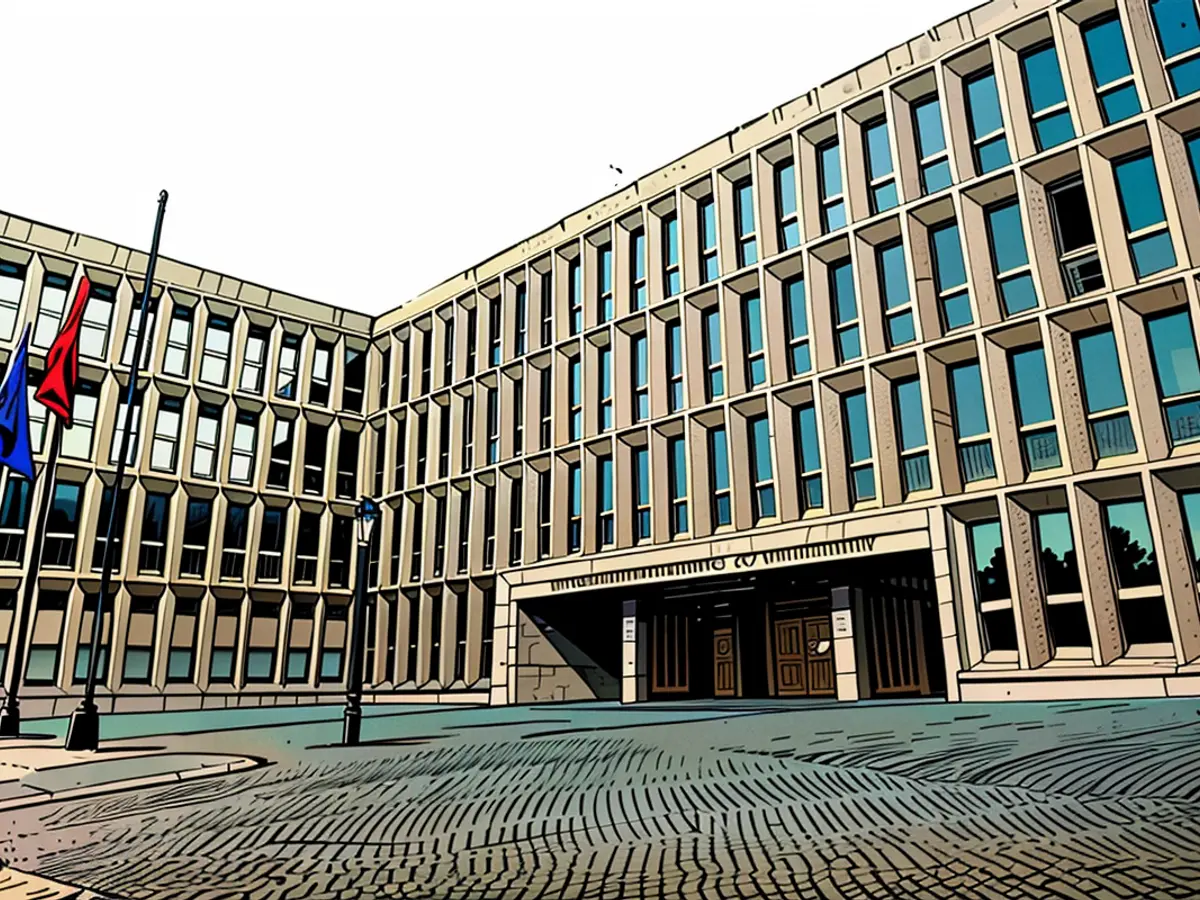- The European Union is set to organize a significant migratory gathering.
From the Union, sturdy demands are being voiced at the immigration summit of the traffic light coalition, union, and federal states - while the federal government issues warnings of high hopes. "I'd rather suggest postponing it for now and not setting high expectations ahead," stated deputy government spokeswoman Christiane Hoffmann in Berlin.
What the Union is Pushing for
CDU leader Friedrich Merz, absent from the circle of participants, reiterated demands for a substantial decrease in migration to Germany the day prior. "The real issue is the ongoing, uncontrolled immigration pressure," said the union faction leader. He underlined the necessity of refusals at the German state borders. "If there isn't an agreement tomorrow, then we have no need for further talks," Merz declared on Monday evening in Osnabruck.
The chairman of the conference of ministers, Hesse's head of government Boris Rhein, had requested a "turning point in migration policy" the previous week. On Monday, he once again highlighted the union's demands: "The federal government must carry on with controls at the internal borders and finally initiate consistent refusals at the borders. We also require a consistent implementation of the Dublin rules on a European level, more safe countries of origin, asylum procedures in third countries. It should be possible to deport to Afghanistan and Syria. Citizenship must be withdrawn from criminals and dangerous individuals, and deportation and detention possibilities must be enhanced."
Even BSW chairwoman Sahra Wagenknecht advocates a firm stance in migration matters. "Instead of band-aid solutions, we need the political end of uncontrolled migration," she told the "World". "Those who are already in the country but have been rejected also lose their claim to support." Residents from a safe third country have no claim to asylum and no claim to benefits from taxpayers.
What the traffic light coalition is Presenting
According to the federal government, the basis for the consultations is the "security package" passed the previous week - a response to the knife attack in Solingen with three casualties. It includes measures in three areas: a harsher approach towards the return of rejected asylum seekers to their countries of origin, steps to combat Islamic terrorism more decisively, and tightening of the weapons law.
Among other things, it is planned that refugees for whom another European country is responsible will no longer receive benefits in Germany - if this country is prepared to take them back (Dublin cases). A ban on switchblades and easier expulsion from protection in Germany for migrants who have committed a crime are also planned.
A working group of the federal government and the states will explore possibilities to improve the Dublin procedure - i.e., the regulations for the deportation of asylum seekers to other European states responsible for them. This was the case with the alleged attacker from Solingen, who should have been deported to Bulgaria.
What the migration commissioner is Cautioning against
The federal government's migration commissioner, Reem Alabali-Radovan, warned against a "one-sided focus on toughening migration policy." The "security package" should strengthen protection against terrorism, violence, and crime, said the SPD politician to the editorial network Germany (RND). "It's important that this happens without general suspicion and sweeping statements."
Migration and internal security predominantly fall under the jurisdiction of the states. While the Federal Office for Migration and Refugees (Bamf) makes decisions on asylum applications, the immigration offices are agencies of the states. Even deportations are ultimately a state matter, although they may seek support from the federal police in their execution.
Improving cooperation between the federal government and the states is also a key area outlined in the government's security package. A joint working group of the federal government and the states is to explore ways to improve the Dublin procedure - the regulations for the deportation of asylum seekers to other European states responsible for them. This was the case with the suspected attacker in Solingen, who was supposed to be deported to Bulgaria.
Confidential Meeting Scheduled
The meeting at the Federal Ministry of the Interior is anticipated to include, among others, Federal Interior Minister Nancy Faeser, Federal Minister of Justice Marco Buschmann, and Federal Foreign Minister Annalena Baerbock. Representatives of the coalition factions are also expected to attend. For the Union faction, Fraktion Geschäftsführer Thorsten Frei is expected. Hesse will represent the Union side for the states, and Lower Saxony the SPD side. The government does not plan to communicate after the meeting. A confidential round is planned.
The traffic light coalition's migration policy, led by Hesse's head of government Boris Rhein, aligns with the Union's demands, calling for stricter border controls, consistent refusals, and improved implementation of Dublin rules. However, the federal government's migration commissioner, Reem Alabali-Radovan, advises against a one-sided focus on tightening migration policy, encouraging a balanced approach to protect against terrorism, violence, and crime without general suspicion.









